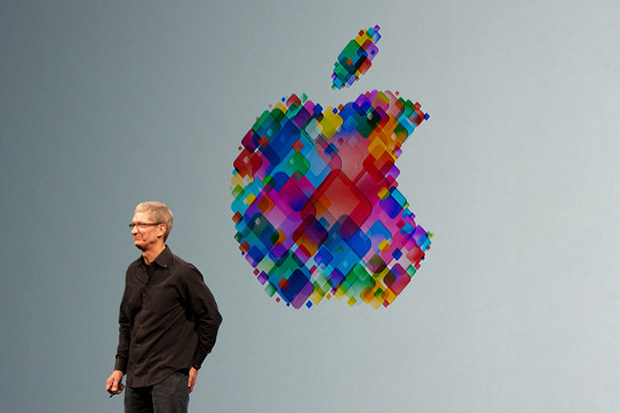Qualcomm Accuses Apple Of Deadbeat Status With $7 Billion In Unpaid Chip Royalties
Apple and Qualcomm aren’t exactly friends, but in some ways, the two firms need each other. iPhones are among the top-selling smartphones in the world, and Qualcomm certainly wants to get in on that sales action. Apple needs Qualcomm modems because they typically outperform rival hardware from Intel and MediaTek, and its customers want the best hardware for their money. Apple has sought out hardware from other sources with company implementing Intel modems in their latest crop of iPhones recently and has threatened to use MediaTek in the past. And now it seems Qualcomm is accusing Apple of not paying its bills; the company alleges that Apple is $7 billion behind in royalty payments.

Apple sits on one of the largest cash reserves of any company in the world, so it can certainly pay its bills but obviously has simply chosen not to. Interestingly, in early 2017 Apple filed a suit against Qualcomm alleging extortion and $1 billion in back payments were owed to it. Evan Chesler, a Qualcomm lawyer, said in a hearing in a San Diego court last week, that Apple is "trying to destroy our business." Chesler went on to say that Apple is $7 billion behind in royalty payments.
Qualcomm wants 56 patents chopped from the suit between it and Apple, because it says that those patent-related claims are a sideshow to the licensing dispute between the two companies. Apple is challenging the validity of many of the patents that Qualcomm wants to be removed from the suit. Apple has long asserted that Qualcomm is charging too much for its essential technology patent licensing and that Qualcomm tries to get licensing fees for technology it doesn't own.
Apple said of Qualcomm in 2017, "Qualcomm built its business on older, legacy, standards but reinforces its dominance through exclusionary tactics and excessive royalties."
Currently, Apple and Qualcomm are fighting in about 100 legal proceedings around the world. Apple says that Qualcomm is using its IP to bully customers into paying excessive royalties, while at the same time trying to get out of proceedings that challenge the validity of the patents Qualcomm is using to force those royalty payments. Apple attorney Ruffin Cordell told the judge in the San Diego court last week, "You can’t just let Qualcomm walk away from this." It appears Apple intends to have as many Qualcomm patents invalidated as is legally possible. This legal firefight may continue for years to come.

